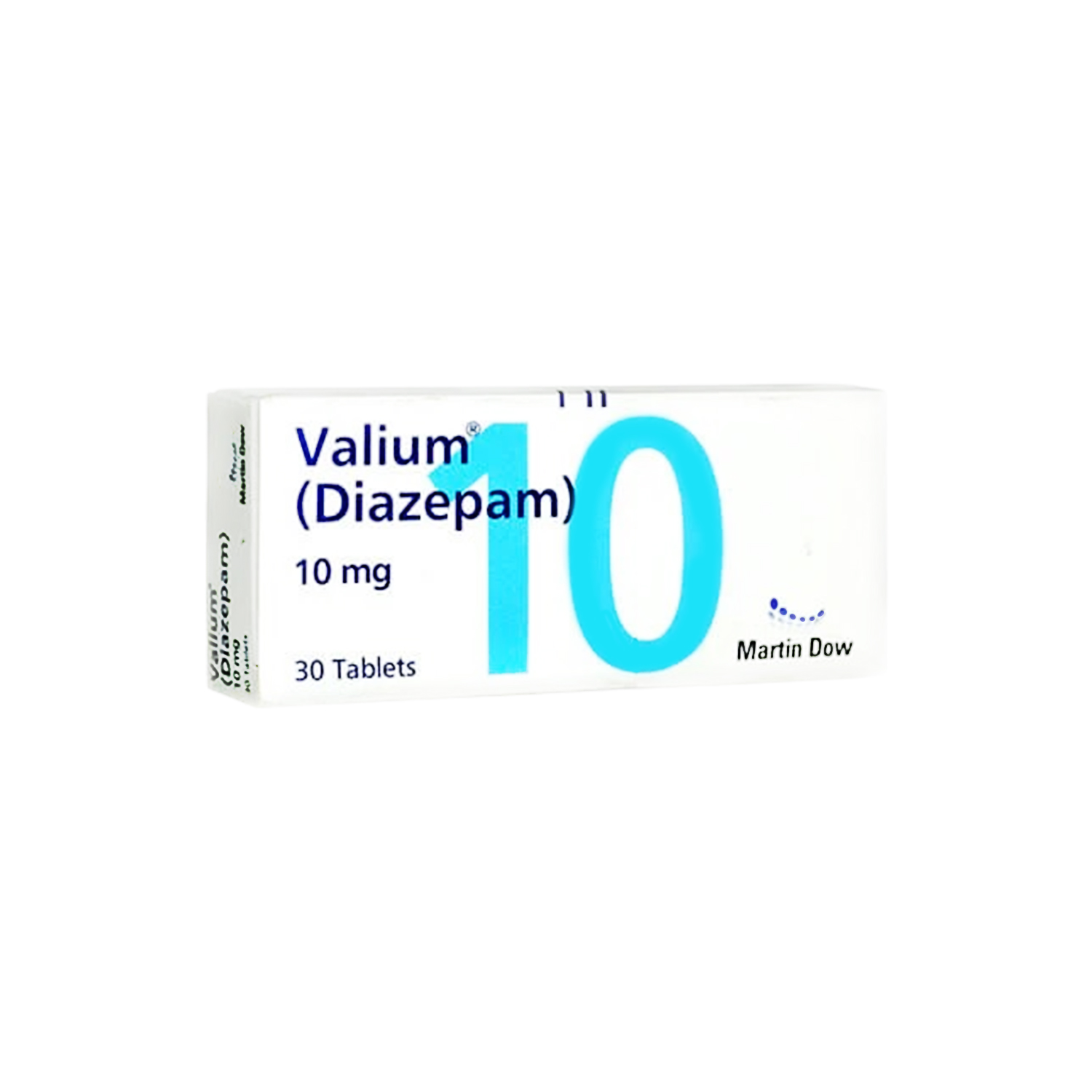Is insomnia a symptom of anything
Is Insomnia Indiscriminately a Symptom of What? Investigating the Factors and Repercussions
Preface to the
Anxiety, characterised by an inability to initiate or maintain sleep, is a prevalent sleep disorder that impacts a significant number of people across the globe. Although intermittent sleep disturbances may be experience by some individuals, chronic insomnia can exert a substantial influence on an individual’s holistic health and state of being. However, does insomnia exist independently as a distinct condition, or does it serve as an indication of a more fundamental issue? This blog post aims to examine the intricacies of insomnia, including its potential aetiology and the diverse array of repercussions it may induce.
Comprehension of Insomnia
Insomnia may be delineate in a more general sense as a chronic challenge to commence or sustain sleep, notwithstanding the presence of both the means and motivation to do so. Frequently, it manifests with symptoms including sleep disturbances such as insomnia, frequent awakenings throughout the night, and early morning awakenings that result in feelings of fatigue and lack of revitalization upon awakening.
What Does Insomnia Indicate as a Symptom?
Undoubtedly, insomnia may serve as an indication of latent physical, psychological, or lifestyle-related complications. In this analysis, we shall examine several prevalent causes and correlations:
The presence of elevated levels of stress and anxiety can result in chronic concern, which can impede an individual’s ability to unwind and initiate a restful slumber. In fact, chronic insomnia frequently serves as an indicator of a number of anxiety disorders.
Insomnia is a prevalent manifestation of depression, and it may manifest prior to the initiation of depressive episodes in certain instances. This is frequently referre to as a bidirectional relationship, in which melancholy and insomnia both worsen one another.
Medical Conditions:
Several medical conditions, including but not limited to chronic pain, asthma, and gastrointestinal disorders, may cause sleep disturbances and distress. A symptom of these underlying health conditions could be insomnia.
Medications:
Certain drugs, especially decongestants, stimulants, and antidepressants, have the potential to disrupt sleep patterns and induce insomnia as an unintended consequence.
Hormonal fluctuations can give rise to insomnia in women throughout different life stages, including menopause, pregnancy, and the menstrual cycle.
Substance Abuse:
Chronic insomnia may be exacerbated by the misuse of substances such as caffeine, nicotine, or alcohol, which can disrupt sleep patterns.
Circadian Rhythm Disorders:
Insomnia can result from disruptions to the body’s internal rhythm caused by shift work, jet lag, or irregular sleep schedules.
Psychiatric disorders, such as insomnia, post-traumatic stress disorder (PTSD), and bipolar disorder, are frequently correlated with disruptions in sleep.
The Implications of Insomnia
The effects of insomnia are detrimental to both physical and mental health. If not addressed, it may result in a variety of detrimental outcomes, including:
Impairment of Cognitive Function:
Insomnia may lead to diminished capacity for decision-making, memory difficulties, and impaired concentration.
There exists a strong correlation between chronic insomnia and mood disorders, encompassing symptoms such as depression, anxiety, and irritability.
Physical health complications:
There is a correlation between insomnia and an elevated susceptibility to chronic ailments such as diabetes, hypertension, and cardiovascular disease.
Decreased Quality of Life:
Daytime fatigue and the incapacity to participate in routine daily activities are frequent symptoms of insomnia that contribute to a diminished quality of life.
ProlongIM sleep deprivation has been found to compromise immune function, rendering individuals more vulnerable to infections.
To conclude,
Does insomnia represent any symptoms? The resounding response is “yes.” It is imperative to acknowledge that insomnia transcends being a mere sleep disorder and may serve as an indicator of more serious physical and psychological ailments. Chronic insomnia is a serious condition that requires the assistance of a healthcare professional in order to identify the underlying causes and devise an individualised treatment strategy. Gaining insight into the possible aetiology and ramifications of insomnia constitutes an initial stride towards attaining rejuvenating, laze-free sleep and enhancing one’s general state of health.






